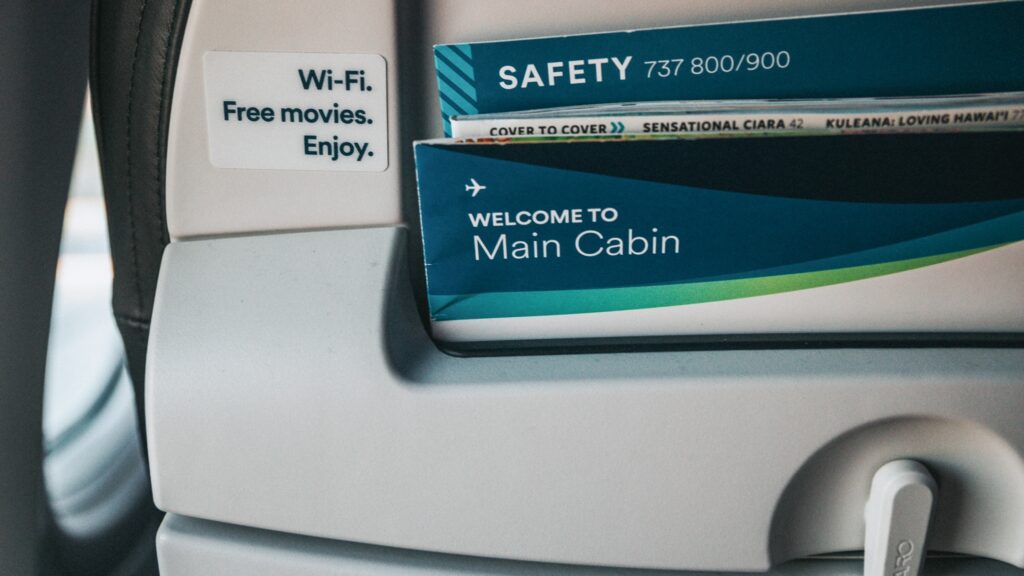Fright and Terror Admissible

In a major win for one of my cases and for all of the involved victim families, a United States Judge ruled jurors will be allowed to hear evidence of “pre-impact fright and terror” suffered by passengers in the crash of a Boeing 737 Max 8 plane.
Boeing attorneys argued the evidence was “not relevant” because “passengers had no time to experience conscious pain and suffering after injury because they died immediately upon impact.” The federal judge rejected this argument.
“There is sufficient evidence to support a reasonable inference that these passengers experienced pre-impact fright and terror,” the judge wrote in his order, “and that experience is part of the process or manner of death.”
Lawsuits Going to Trial
Judge Alonso will preside over the first trial in the crash of the Boeing 737 Max 8 in Ethiopia. This initial trial is set for June 20 of this year. There will likely be many more after that.
This ruling is another step closer to justice for the victim families and accountability for Boeing. Jurors, as representatives of our communities and country, deserve to hear all the facts in this classic example of prioritizing profits over people’s safety.
My one remaining case against Boeing for the Max 8 crashes won’t be set for trial until 2024.
Meanwhile, I’m honored to represent passengers on the Boeing Max 9 Alaska Airlines flight with a door plug blowout at 16,000 feet. Disturbingly, Boeing does not seem to have fixed the quality control and safety issues that haunted the Max 8.
Preventable Crashes
Problems with a defective computer program called the MCAS began in the first two minutes of the Max 8 flight out of Jakarta. After several minutes of an erratic up-and-down ascension, the plane finally dove into the ground at approximately 600 miles an hour. The final dive was about 30 seconds of sheer terror.
This was the second such crash involving a 737 Max in less than six months, which led to a 20-month grounding of the popular jet worldwide. Boeing has stipulated to liability, essentially agreeing with investigators who found design flaws by Boeing were the major cause of both crashes.
The upcoming trial will focus on what is fair and just compensation for the victim families.
The first crash of the Max 8 occurred in October of 2018 in Indonesia just outside of Jakarta when a Lion Air flight ascended erratically before a final, fatal dive. In all, 346 people died in the two crashes.
Justice and Accountability
Boeing has settled with almost all of the families of people who died in the Lion Air crash. I represented 46 of the victim families. In the Ethiopian crash, however, about 75 cases remain open. Six of those cases will be included in the upcoming trial in federal court in Chicago.
I’m confident the truth will come out in the courtroom and the jurors will do right for the families and our country. My case won’t be tried until 2024. I will be well prepared along with my local counsel, Austin Bartlett, an aviation and personal injury attorney in Chicago.
In 2021, Boeing reached a settlement with the Justice Department to avoid criminal prosecution for misleading federal regulators by hiding details of the flight-control computer system implicated in the crashes, the MCAS. The company was fined $244 million. This is what prosecutors call a “sweetheart deal,” much too lenient under the circumstances.
Full accountability will not come until all of the victim families are fully compensated.
Boeing, formerly headquartered in Washington State, is now headquartered in Arlington, Virginia, but it was based in Chicago when the first lawsuits were filed in 2019.
